Compostable Plates Made From Banana Leaves Launched By Peruvian Group
 By Mayukh Saha
By Mayukh Saha
A few Peruvians have come together and started a project, Bio Plant, which promises to reduce our dependence on plastics. They have succeeded in creating biodegradable dishes using banana leaves that can minimize our reliance on plastic products.
It can make a huge impact on the environment as pollution from single-use plastic dominates the waste that has covered our land and engulfed our oceans. Every item made from a compostable material is one piece less of plastic added to the mountain range of what we have already piled up on this planet. And we are adding 8 million metric tons every year to that.
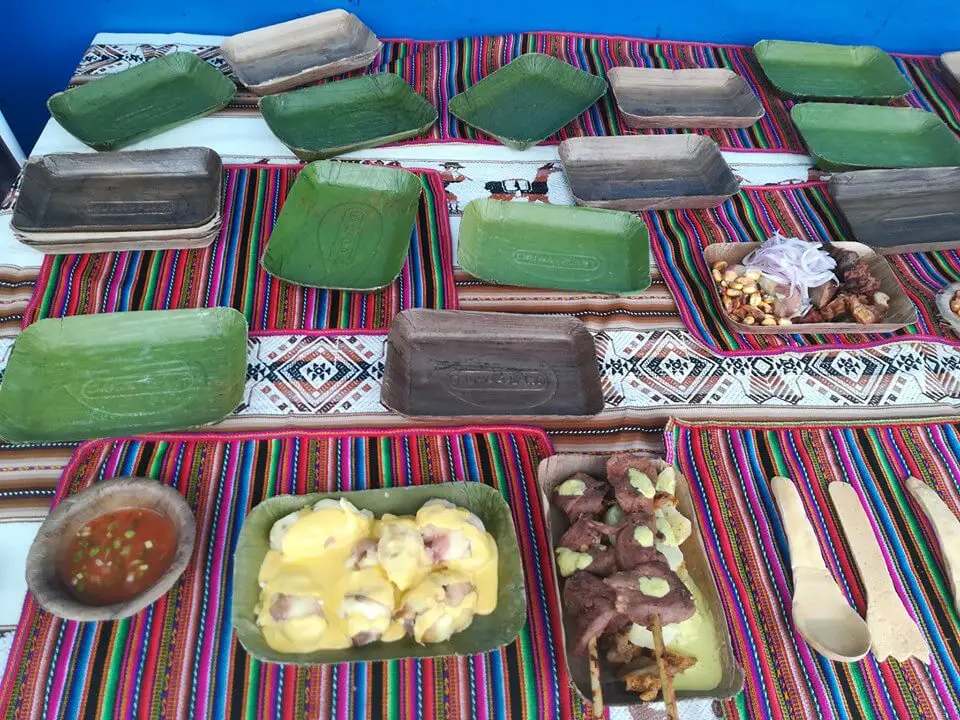
[do_widget id=text-16]
It takes only 2 months for this versatile and innovative product to decompose. It breaks down totally at the end of 60 days. When you compare that to the 500 years it takes for the commonly used Styrofoam or polystyrene plates to decompose, that’s a priceless saving. These petroleum-based materials have already caused incalculable damage to our environment and we are yet to make any headway to minimize its use.
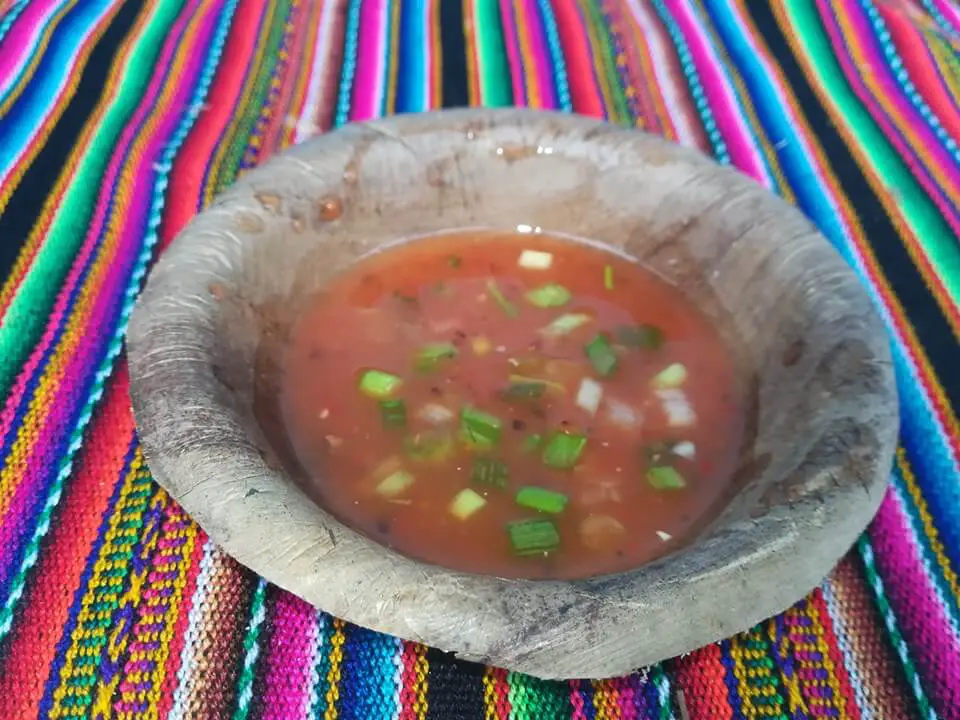
The project has been financially supported by the Innovative Peru Program. They were able to make it by way of the Bio Challenge contest that aspires to finance projects that arrive at solutions through the viable use of natural resources within the biodiversity. They designed and manufactured specialized machines including a die cutter, a presser, and a shipper, used to make these biodegradable products. They have succeeded in making 50,000 units of the dishes annually with these indigenous machines.
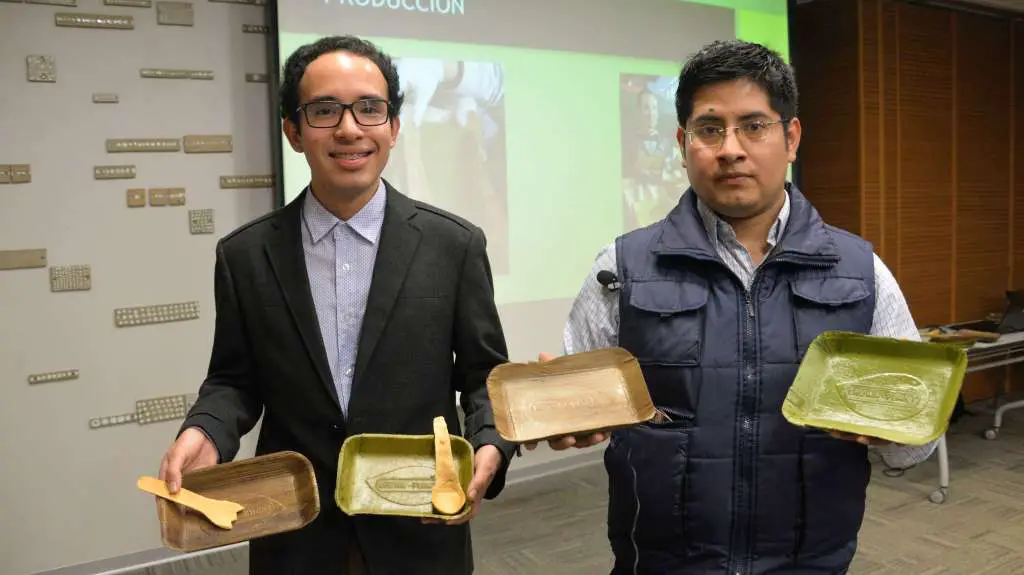
The group is directly working with small and marginalized producers from the Peruvian Amazon, says project leader Josue Soto. They get a good price plus invaluable technical training which provides them with a sustainable source of income to supplement the loss of cultivation of bananas.
The Chuwa Plant group also has successfully substituted the banana leaves with cardboard cellulose and paper which also are biodegradable and can withstand various temperatures and can hold even liquid.
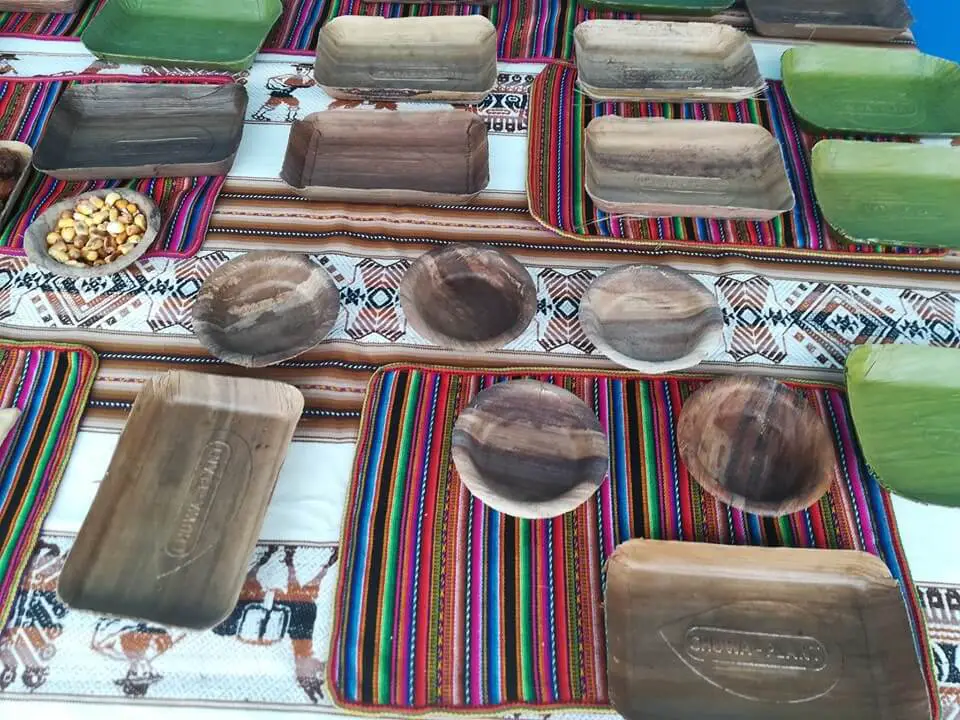
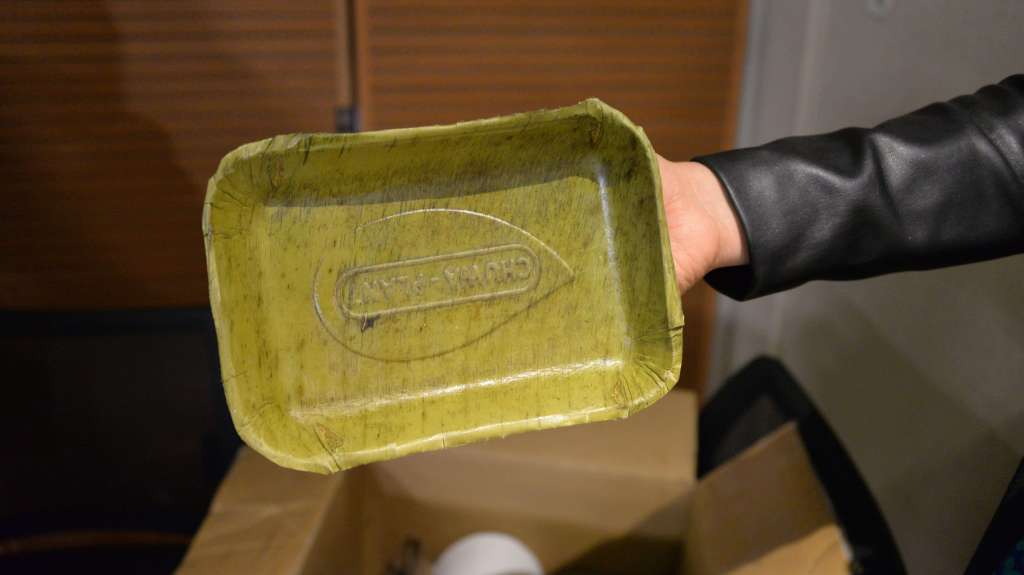
The banana trees or even the leaves are not cut down as they use the leaves that normally fall off when the plantation workers pluck the banana clusters from the trees.
The plates are rectangular measuring 22x16x3cms and are free from carcinogens like styrene, which is a petroleum derivative found in synthetic plates and dishes.
Plates made by the Bio Plant group are already being used in celebrations and festive occasions throughout Peru. The group plans to target the ecological wineries and the natural restaurants next. Depending on its thickness, the dishes cost between 100 and 120 soles (US $29.64 to 35.56) for every 100 dishes. But once they can scale up production the plates will become more affordable, says Soto.
Hey! Message me. I am Mayukh. I help people and websites with content, videos, design, and social media management. I am an avid traveler and I started living as a digital nomad in Europe from 2019. I am currently working on www.noetbook.com – a creative media company. You can reach out to me anytime: justmayukh@gmail.
This article was sourced from Truth Theory.
Subscribe for natural health news to your inbox. Follow Natural Blaze on YouTube, Twitter and Facebook.


